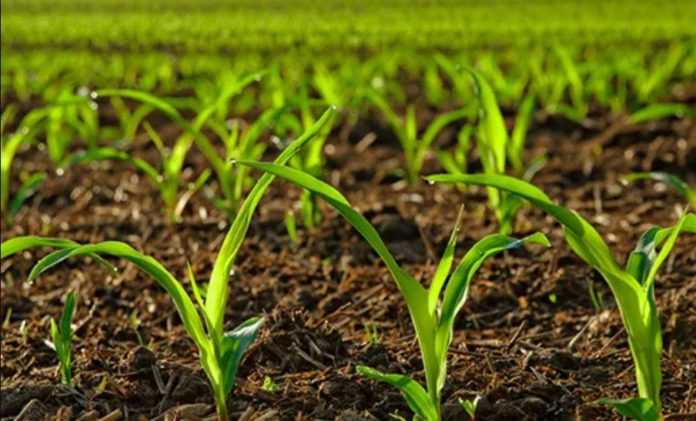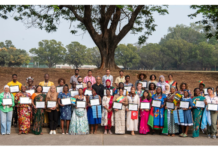The European Union (EU) has inaugurated the ‘Team Europe Initiative (TEI) Nigeria Green Economy’ project aimed at stimulating sustainable climate-smart agriculture and renewable energy for economic growth and diversification.
The EU ambassador to Nigeria and Economic Community of West African States (ECOWAS), Ms Samuela Isopi, unveiled the project at the 8th EU-Nigeria Business Forum tagged: “Nigeria and the New Economy”, in Lagos.
Members of the TEI Green Economy Project include Denmark, France, Germany and the Netherlands. The TEI Green Economy consists of 60 projects of different nature to be executed across the agricultural and energy sectors by 2027 and is valued at 1.3 billion Euros.
Isopi said the project was aimed at improving the competitive advantage of Nigeria’s agriculture and energy sectors, with emphasis on access to clean and renewable energy as well as job creation, skills and capacity development.
Green Economy Initiative
“In line with the EU’s Green Deal, the Green Economy Initiative will support the Nigerian government’s efforts to diversify the economy by combining support to enhance access to renewable energy for productive uses and boosting the development of the agricultural sector. Collectively, the actions will help Nigeria attain the SDGs and put the country on a sustainable development path. The initiative will offer support in areas of expertise and strong European contribution such as climate-smart agriculture, technological and digital solutions, vocational training, employment and entrepreneurship creation as well as access to sustainable energy,” she said.
Ms Inga Stefanowicz, EU Team Leader, Green and Digital Economy in Nigeria, said the European Investment Bank (EIB) and the European Development Financial Institutions would assist various players in the value-chains in the agricultural and energy sectors.
“By combining EIB’s investment facilities with the European Development Finance Institutions and EU member states, the flagship initiative will create space for EU trade and investment while generating job opportunities for Nigeria’s youth. In agriculture, support will be provided to promote and increase climate-smart agricultural production and value-added creation in selected value chains to address food insecurity, increase agricultural exports, tackle skills gaps and create jobs. The Federal Ministry of Agriculture and state institutions will be supported in the delivery of its mandate, and in particular, development of agricultural education, integrating ICT and technical and vocational education and training,” she said.
Stefanowicz added that field interventions would concentrate on creating positive spillover effects through the value chains including smallholder farmers, aggregators, processors, manufacturers, wholesalers, transporters and retailers.









[…] Source link […]
Comments are closed.